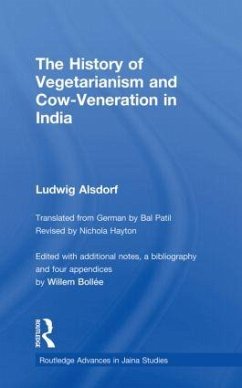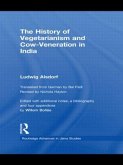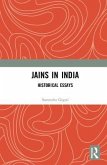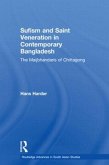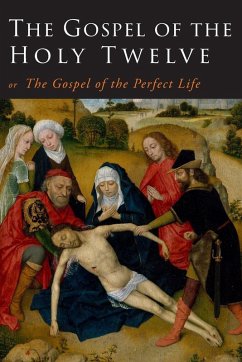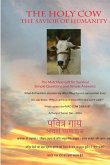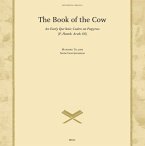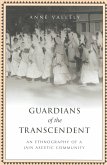For the first time, this influential study by Ludwig Alsdorf is made available to an English speaking audience, translated by Bal Patil. It focuses on two of the most pertinent issues in Indian religion, the history of vegetarianism and cow-veneration, and its historical approach remains relevant to this day. With reference to significant brahminical texts, such as key chapters of the Book of Manu, the book centres on the author's analysis of the role of Jinism in the history of vegetarianism. The author explores the history of meat-eating in India and its relationship to religious thought and custom, and searches for solutions to the problem of cattle veneration. Besides a comprehensive translation of the original German manuscript "Beiträge zur Geschichte von Vegetarismus und Rinderverehrung in Indien", four important articles directly related to Alsdorf's work by Kapadia, Heesterman and Schmidt are made available in this new edition. These additional contributions and careful notes by the editor Willem Bollée add a modern perspective to a study that remains a key reference for students and scholars of Religious Studies, Asian Studies and History.
Hinweis: Dieser Artikel kann nur an eine deutsche Lieferadresse ausgeliefert werden.
Hinweis: Dieser Artikel kann nur an eine deutsche Lieferadresse ausgeliefert werden.

